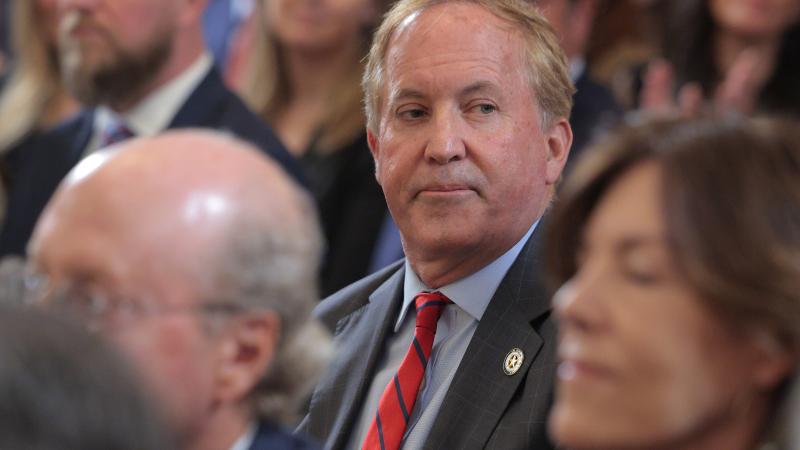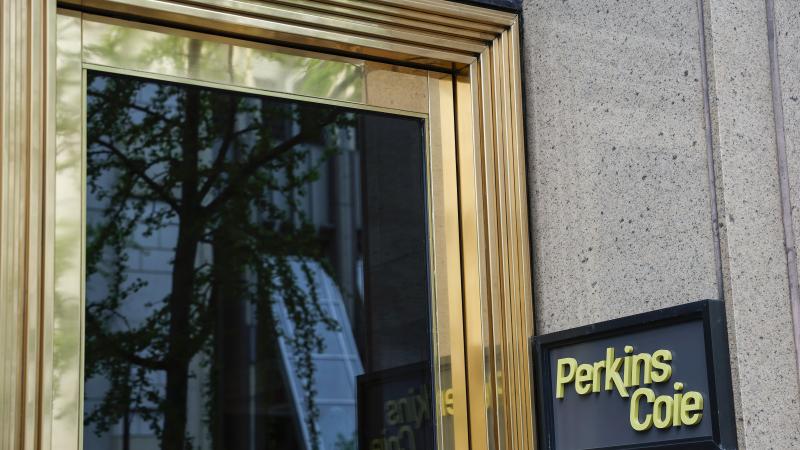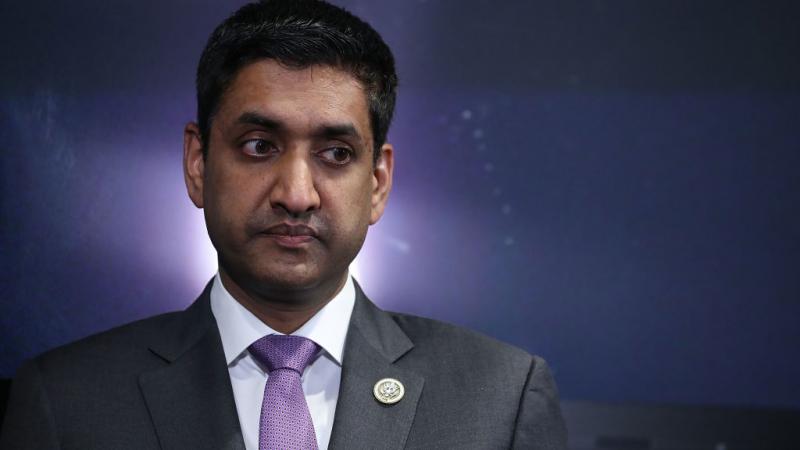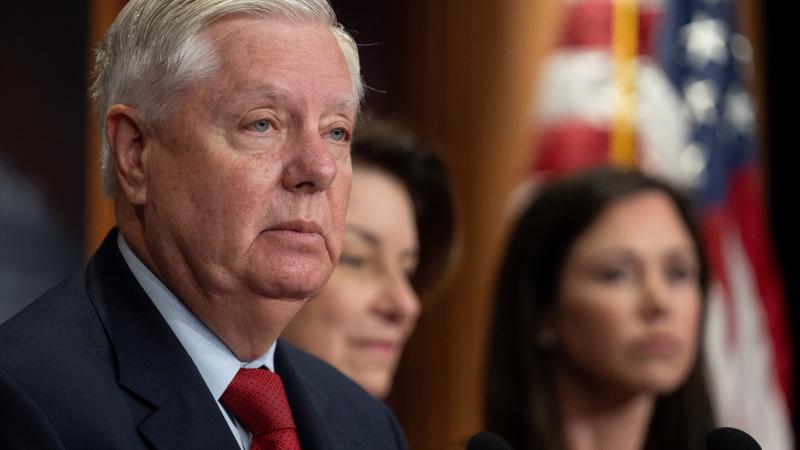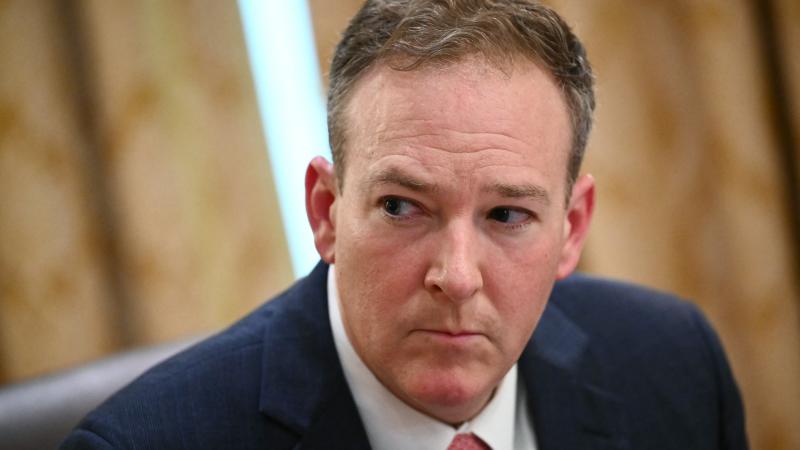North Carolina governor uses executive order to thwart legislature on abortion
Cooper’s executive order directs cabinet agencies to take several steps to protect abortions, including refusing to aid civil or criminal investigations.
New Carolina Gov. Roy Cooper was joined by Democrat Party leaders and Planned Parenthood officials as he signed an executive order undermining the General Assembly’s intent to restrict abortions in the battleground state.
Cooper framed Executive Order 263 as a saving grace for abortion advocates fighting against efforts by the General Assembly to protect the unborn.
"The Supreme Court ripped away the constitutional right to reproductive freedom that women have relied on for five decades," Cooper said Wednesday. "For now, it’s up to the states to determine whether women get reproductive health care, and in North Carolina they still can, thanks to my veto and enough legislative votes to sustain it. I am determined to keep it that way and people need to know that their votes in state legislative races this November will determine the fate of women’s health and freedom in our state."
Cooper’s executive order directs cabinet agencies under his authority to take several steps to protect abortions in North Carolina, including refusing to aid civil or criminal investigations, refusing to extradite those charged with violations in other states, allowing employees to avoid travel to states with abortion bans and ensuring access to abortion clinics.
The order states: "To the maximum extent permitted under federal or North Carolina law, and except as required by court order, no Cabinet Agency and no employee, officer, or other person acting on behalf of any Cabinet Agency may provide information or expend or use time, money, facilities, property, equipment, personnel, or other resources in furtherance of any investigation or proceeding that seeks to impose civil or criminal liability or professional sanction upon a person or entity for: (i) the provision of, securing of, receipt of, or any inquiry concerning reproductive health care services that are legal in North Carolina; or (ii) any assistance given to any person or entity that relates to the provision of, securing of, receipt of, or any inquiry concerning reproductive health care services that are legal in North Carolina."
Executive Order 263 comes about two weeks after the U.S. Supreme Court returned authority over abortion to the states by overturning Roe v. Wade and Planned Parenthood V. Casey. The decision prompted Senate President Philip Berger, R-Rockingham, and House Speaker Timothy Moore, R-Cleveland, to pen a joint letter to Attorney General Josh Stein the same day calling on him to take legal action to reinstate the state’s abortion restrictions.
Berger and Moore noted a decision in Bryant v. Woodall barring enforcement of North Carolina’s laws prohibiting certain pre-viability abortions and previous efforts to encourage the attorney general to continue to defend those laws in light of the Supreme Court granting review of Dobbs v. Jackson Women’s Health Organization.
"Though you chose not to take any further action at the time, your office told us that it would continue to follow the case to consider 'any appropriate actions when the (Supreme) court issues a ruling,'" the letter read. "Now is the time. With the legal underpinning of the Bryant court’s injunction now erased, we respectfully call on you and the Department of Justice to take all necessary legal action to lift the injunction currently barring the full enforcement of our state’s abortion restrictions …"
North Carolina law bans abortions after 20 weeks.
Berger and Moore vowed to take further legal action to ensure the state’s late term abortion ban is reinstated if Stein fails to do the same.
"North Carolinians can also expect pro-life protections to be a top priority of the legislature when we return to our normal legislative session in January," Moore said.
Cooper’s allies at Planned Parenthood are now leveraging that reality to rally voters ahead of the November election.
"For now, abortion is still legal in North Carolina. But our reproductive freedom is hanging by a thread. The Supreme Court’s decision to overturn Roe v. Wade has paved the way for state lawmakers to pass an all-out ban as soon as next year," said Jenny Black, CEO of Planned Parenthood Votes! South Atlantic. "Our objective is clear: to keep abortion legal in this state, North Carolinians must elect candidates who will protect access to sexual and reproductive health care at the state level and ensure Governor Cooper has the necessary votes to sustain his veto of the all-out attacks on reproductive freedom that are sure to come."


